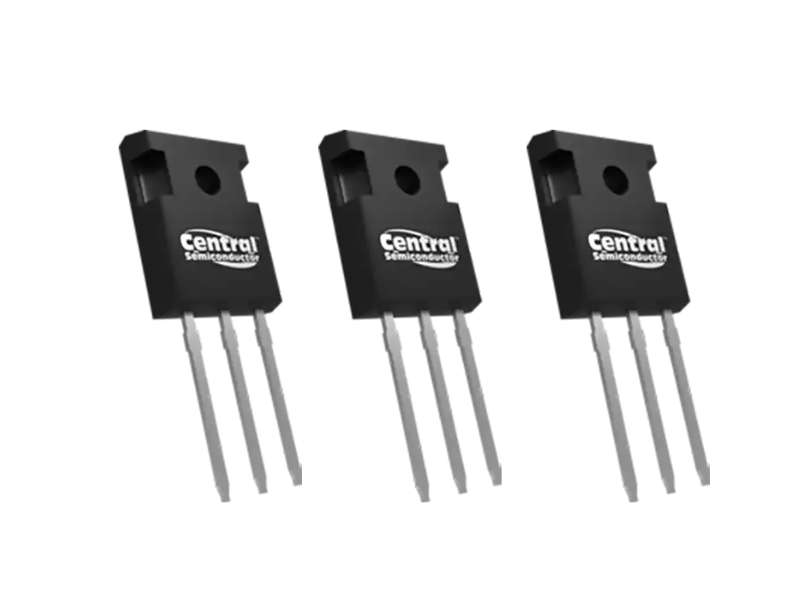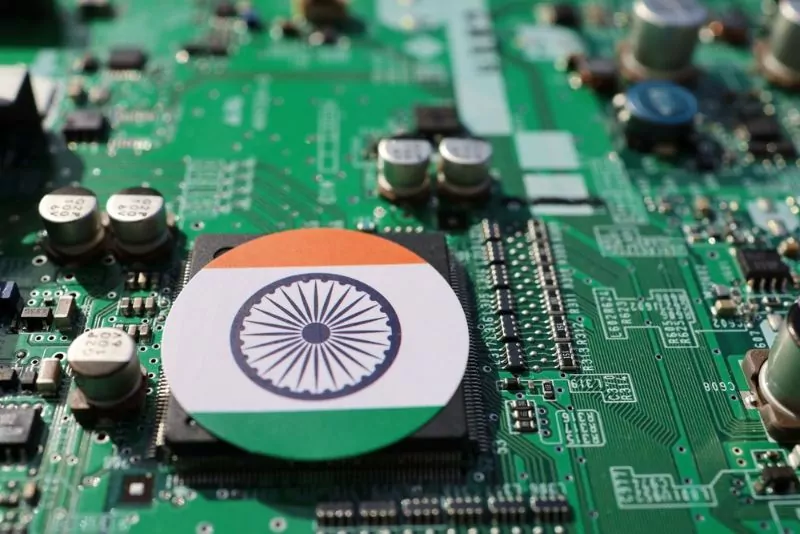ASML’s boss has warned that excessive regulatory measures may lead to higher costs for chip manufacturers, reports Bloomberg.
“Chip availability may decrease, possibly due to export controls going too far, which also means we will have a less efficient infrastructure and costs will likely go up,” said Peter Wennink, CEO of the world-leading semiconductor manufacturer.
The Netherlands and Japan, home to major suppliers of semiconductor manufacturing equipment, are about to join a U.S. government-led effort to curb exports of the technology to China, where ASML could face more restrictions on sales to Chinese customers.
Under pressure from the United States, the Dutch government has restricted ASML from exporting its most advanced lithography machines to China since 2019, which Wennink said has instead benefited U.S. companies that sell non-cutting-edge technology to China.
Wennink said the growing divide in the global chip industry is due in part to a surge in government investment and escalating trade tensions, which are creating more hurdles and friction for the broader chip industry.
To avoid electronics supply-chain disruptions, you may also wish to consult an expert in electronics component supply. With more than three decades of supply-chain expertise, Astute Electronics is ideally placed to work with you on your daily component requirements.
For more help with looking at supply chain options, contact Astute Electronics





